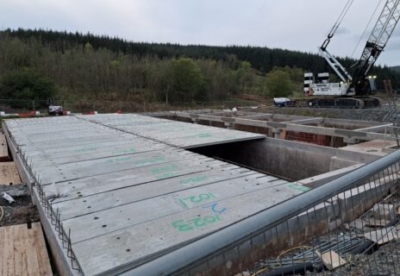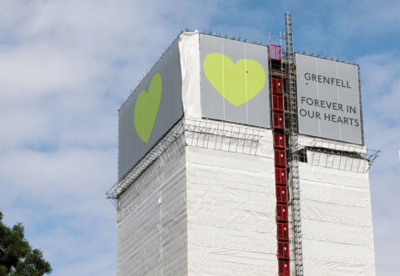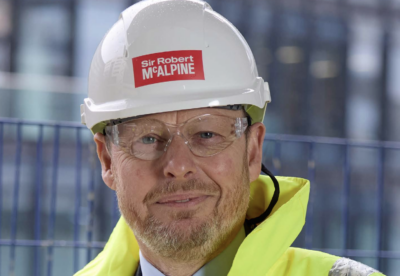The £102.6m of current assets in the bank are detailed in the CITB’s latest set of accounts for the year to March 31 2023 which were published recently.
The training body is funded mainly be levy income from contractors which hit £170.6m last year as the organisation handed back £85.3m in grants.
CITB chiefs said the accumulation of funds was due to contractors being “focussed on areas other than training.”
A CITB spokesperson said: “As a result of the pandemic CITB has seen its reserves grow and this trend continued into 2022/23 where the economic backdrop impacted training uptake.
“Understandably employers have been focused on navigating and then on recovering following the pandemic. It has taken time for the construction sector to recover from the impact of the pandemic and have been battling the challenging economic situation.
“This has meant that many employers have been focussed on areas other than training. We are now seeing the demand for training and claims for grant increase.
“We aim to halve our reserves by the end of the financial year 2026/27 and details of this will be detailed within our business plan and strategy. But our plans include bold investments in our National Construction College estate as well as the full rollout of Employer Networks that will enable employers to have a greater say in the training provided within their regions.”
Critics of the organisation said levy rates should be cut while it is sitting on so much money.
Payroll giant Hudson Contract managing director Ian Anfield said: “The reality behind the falling demand is massive disengagement with CITB.
“But instead of cutting levy rates to ease pressure on construction SMEs or upping the number of training courses delivered, CITB plans to hand out huge sums of money in so-called ‘funded activity’ as shown in its latest business plan.
“We are concerned this will see huge chunks of money wasted on vague initiatives that would not pass public scrutiny or represent a fair distribution of funds to levy payers.
“CITB supposedly exists to provide training to construction but yet again it has failed.
“And when it comes to explaining what is going wrong, the best CITB can do is come up with glib criticism of the industry for not prioritising training.”
The accounts also show that staff costs at the CITB rose to £37m from £33m last time with 660 people directly employed by the CITB with 79 staff earning more than £60,000 a year.























 (300 x 250 px).jpg)











.gif)















